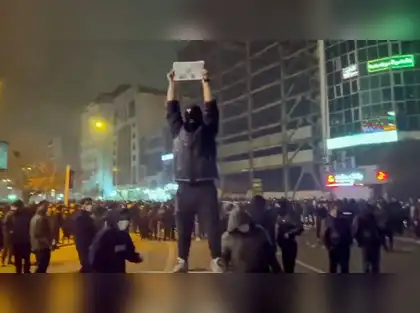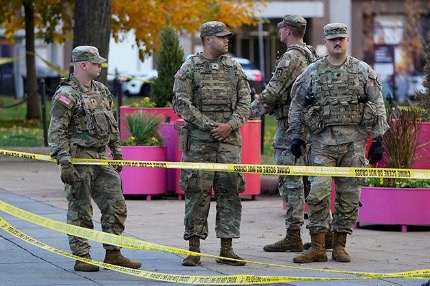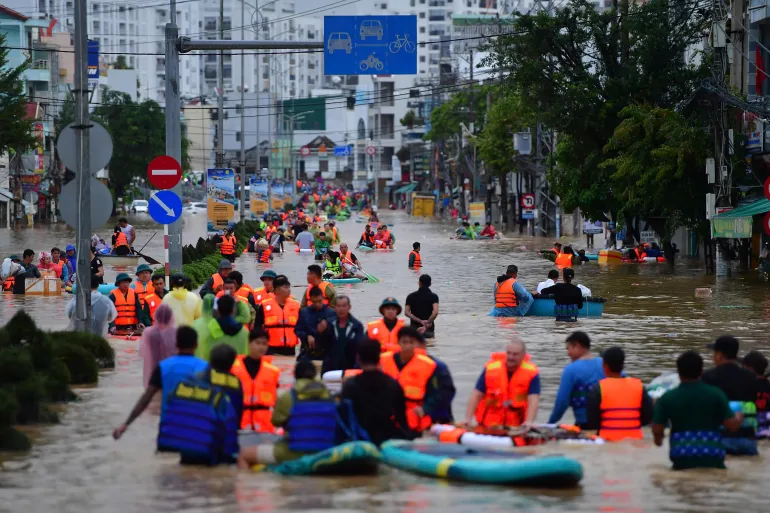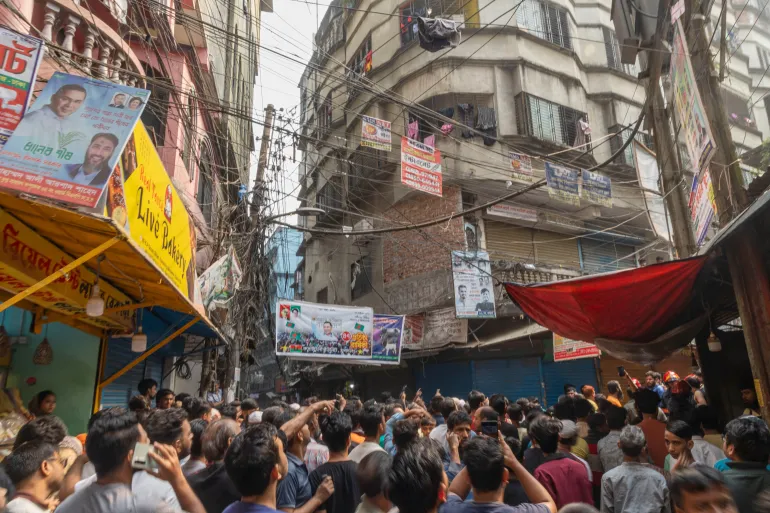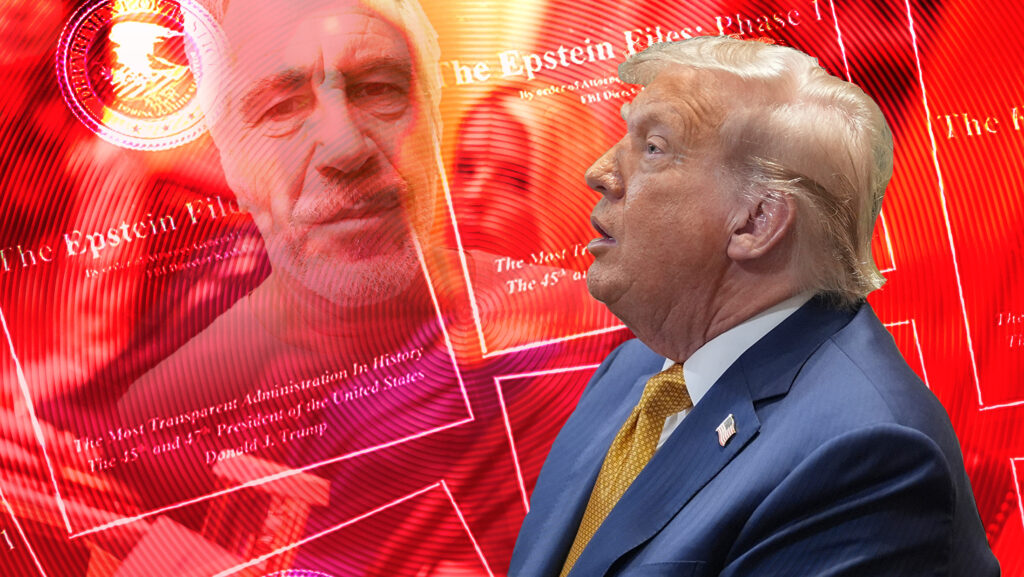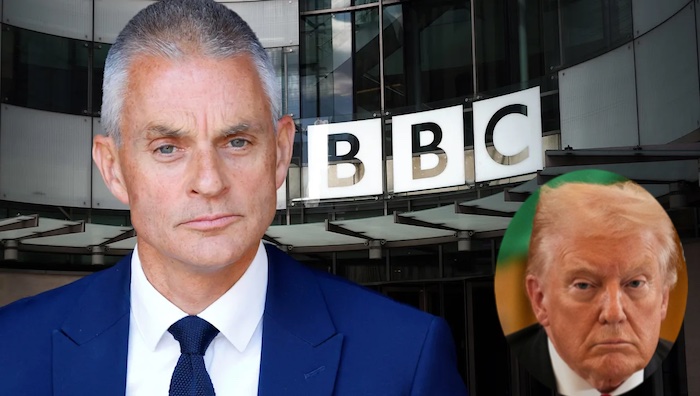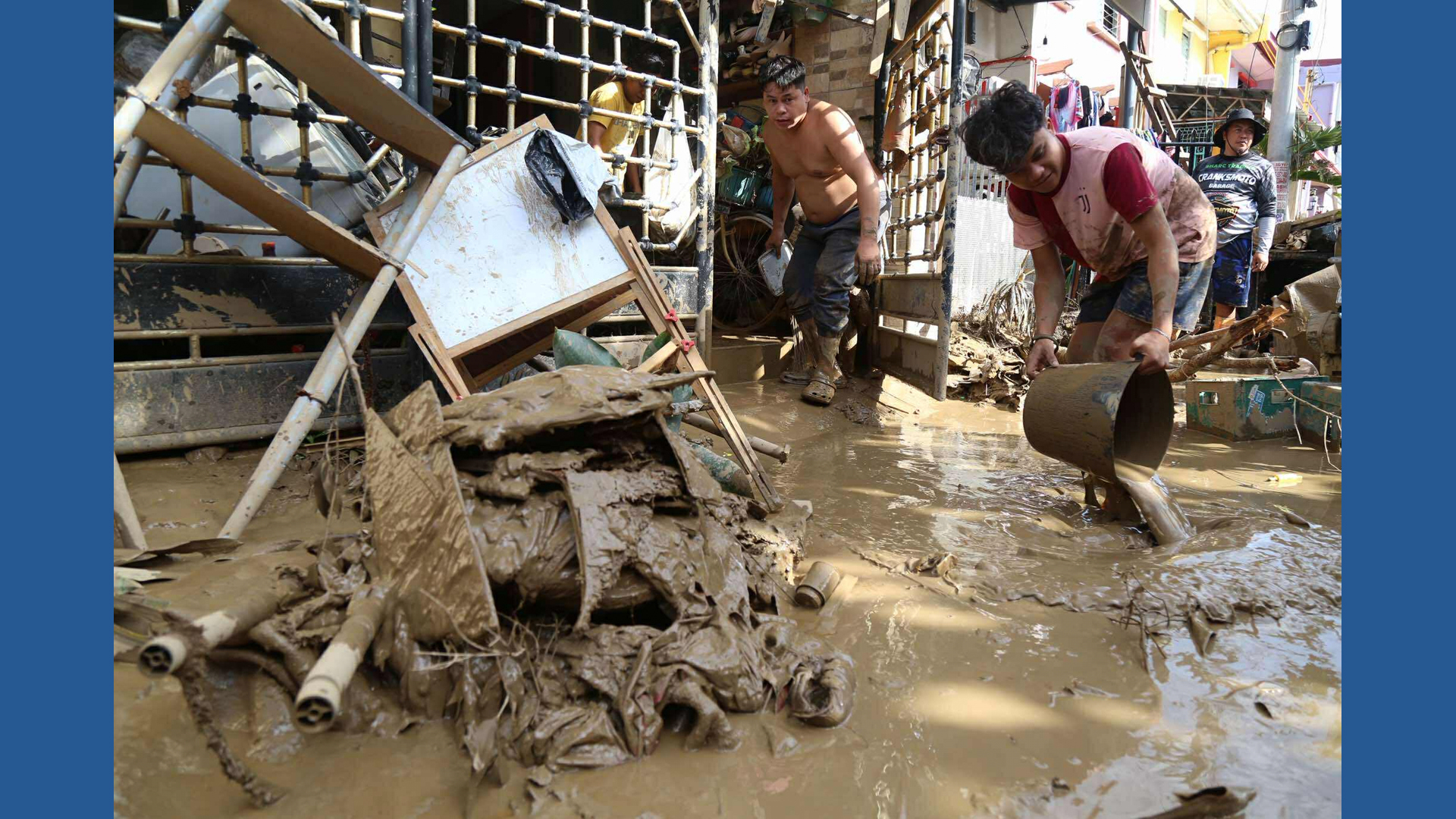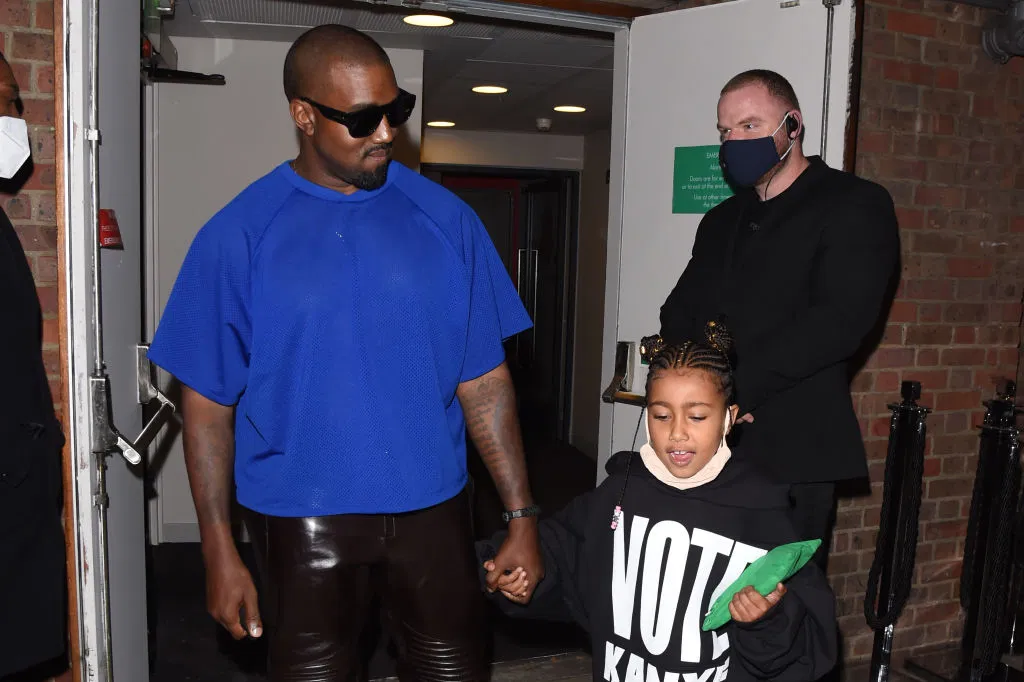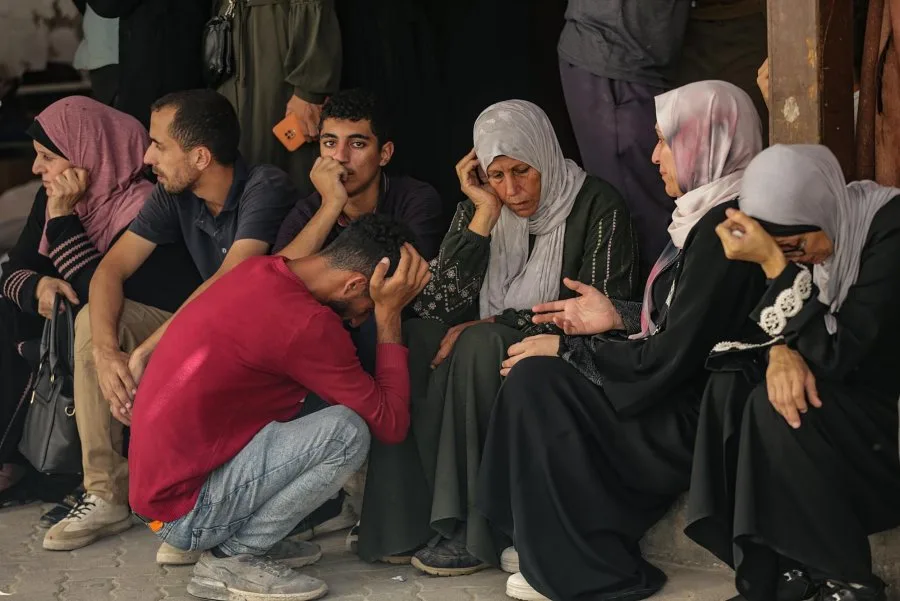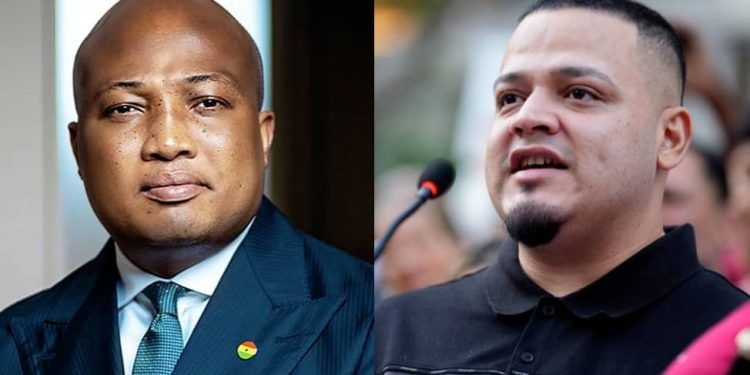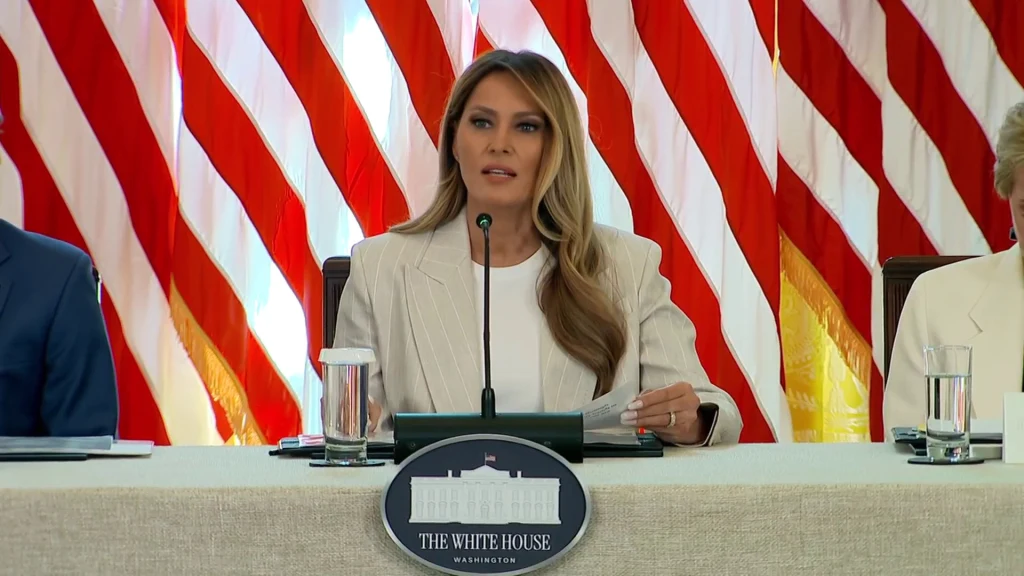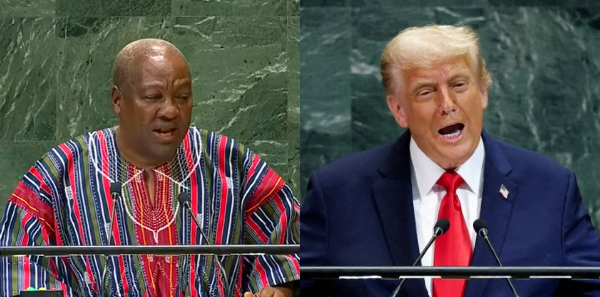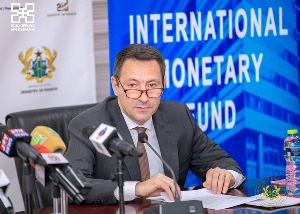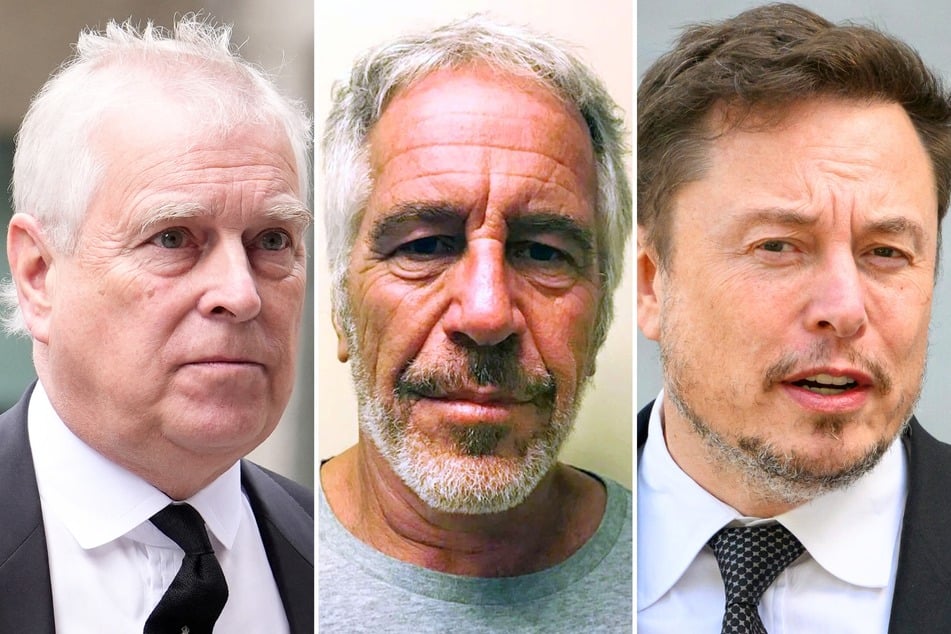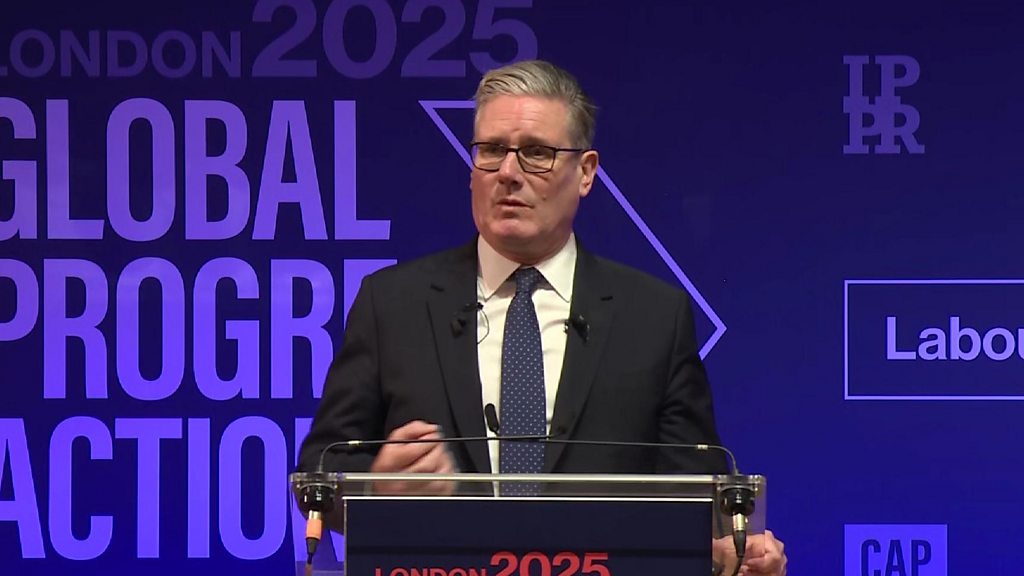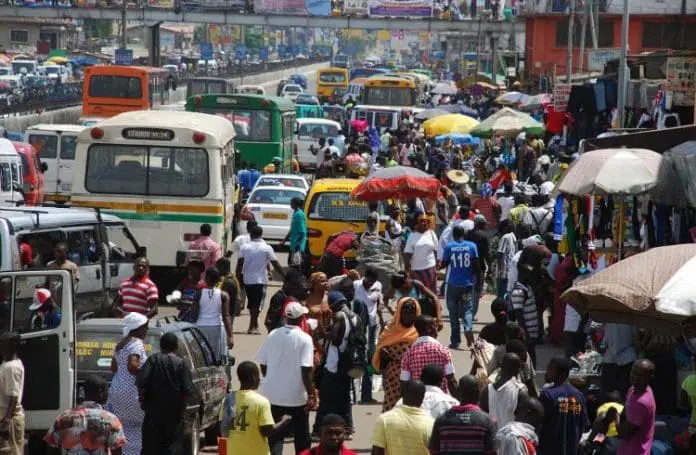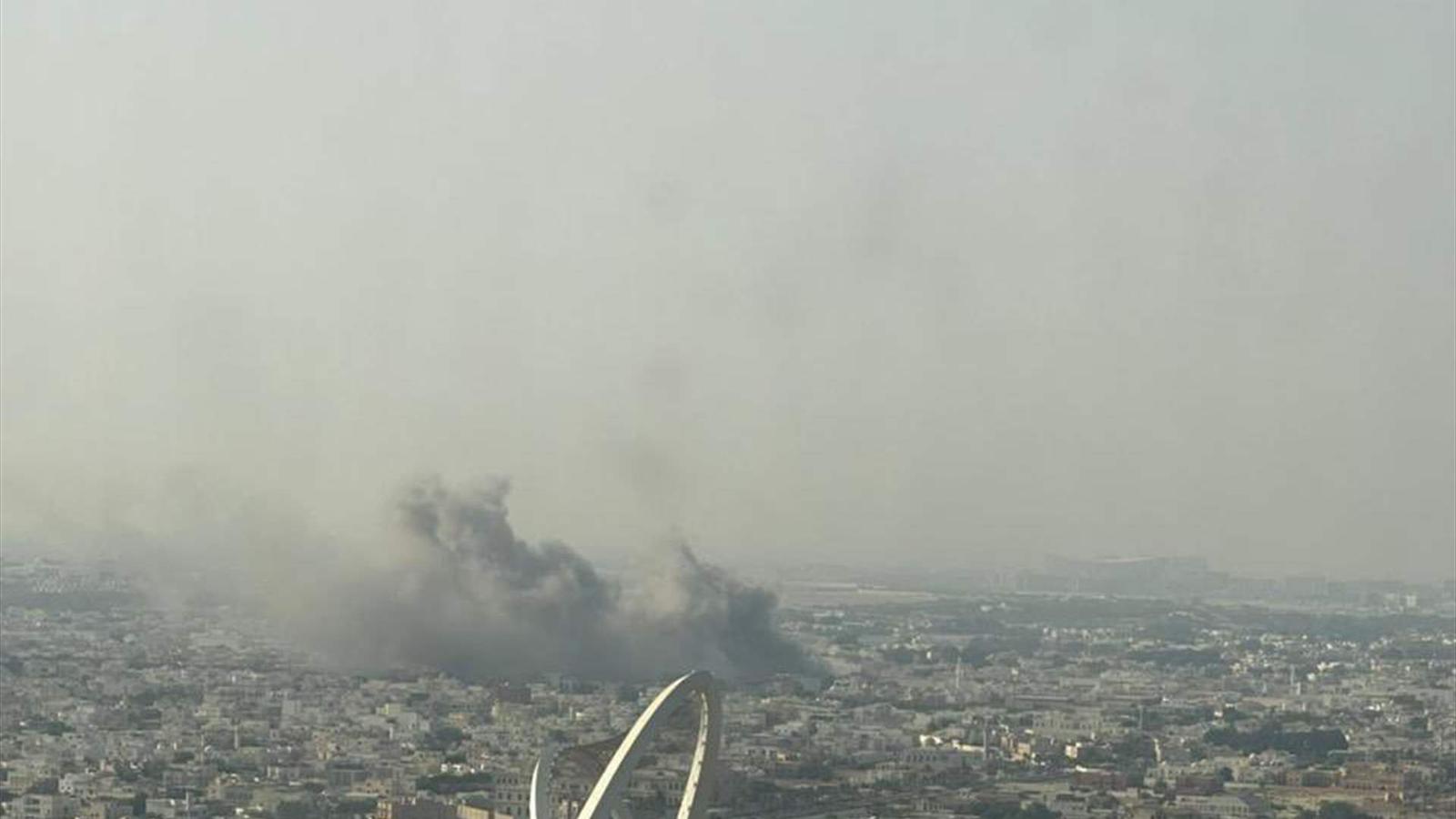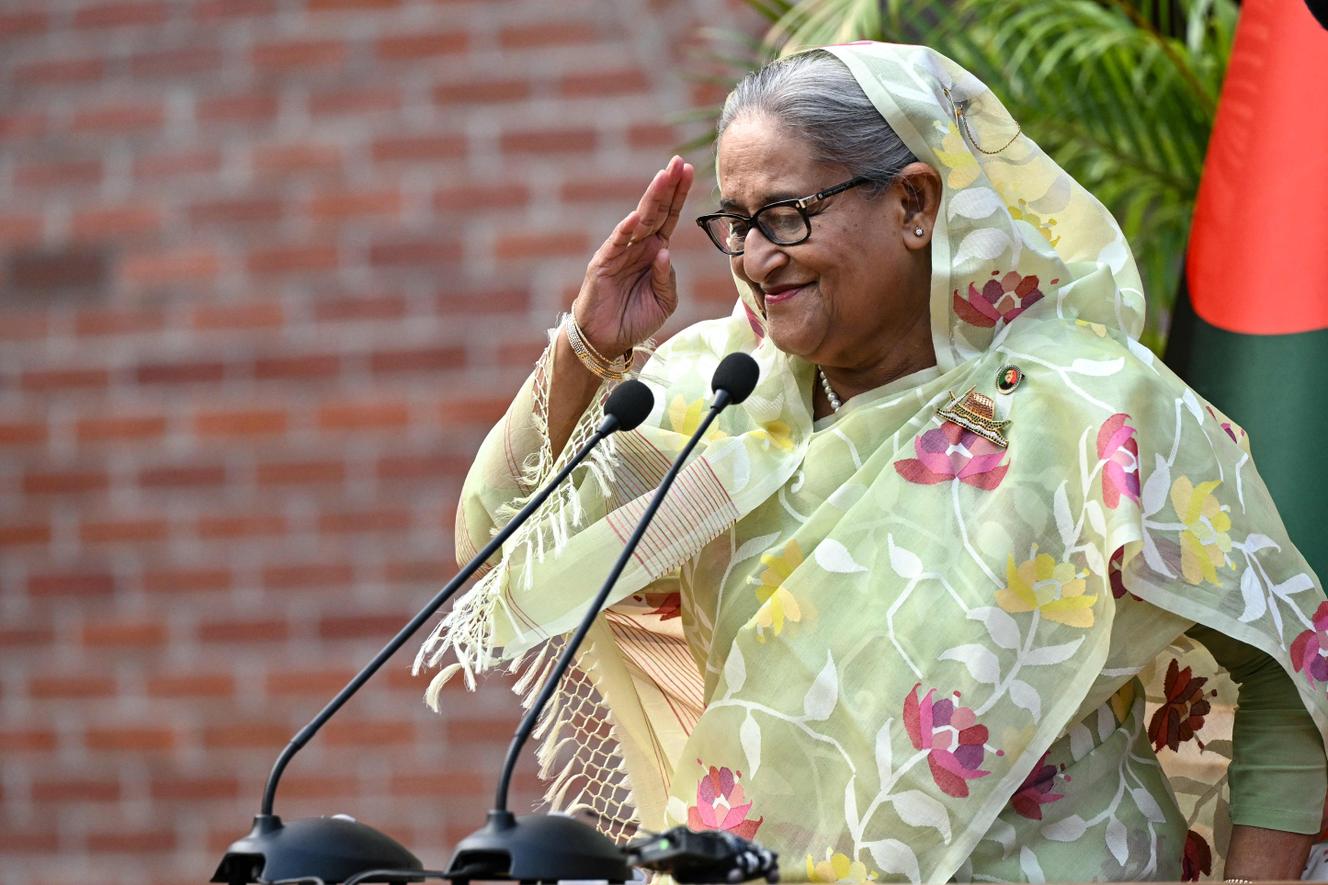
Bangladesh’s former Prime Minister Sheikh Hasina has been sentenced to death after the International Crimes Tribunal (ICT) found her guilty of crimes against humanity linked to last year’s deadly crackdown on student-led protests that led to her removal from office.
The verdict, delivered on Monday in Dhaka under tight security, concludes the most politically explosive trial the country has seen in over a decade. The tribunal ruled that Hasina authorised the use of lethal force against protesters, contributing to the deaths of approximately 1,400 people during the 2024 uprising.
Hasina, who has been living in exile in India since her ousting in July 2024, was tried in absentia. She has repeatedly denied the charges, describing the proceedings as “biased and politically motivated.” In a five-page statement reacting to the ruling, she accused the interim government of using the trial to “nullify the Awami League as a political force,” insisting she was proud of her administration’s human rights record.
“I am not afraid to face my accusers in a proper tribunal where the evidence can be weighed and tested fairly,” she said.
A Nation on Edge
Dhaka remained on high alert ahead of the judgment, with major roads closed, armoured vehicles stationed near government buildings and police reporting at least one bomb explosion early Monday, though no casualties were recorded. Anti-Hasina demonstrators rallied outside the tribunal, cheering as the verdict was read.
The capital has experienced escalating violence in recent days, with buses torched and multiple improvised explosive devices reported across the city. Authorities blame radicalised factions seeking to inflame tensions ahead of the 2026 general elections.
The Protests That Toppled a Government
The 2024 protests, initially sparked by demands to abolish controversial government job quotas, rapidly evolved into a nationwide anti-government movement. UN human rights investigators, in a February 2025 report, said the killings, arbitrary detentions, and torture of protesters could amount to “crimes against humanity.”
Their findings cited point-blank shootings, deliberate maiming, and widespread police brutality. Central to the prosecution’s case was leaked audio, verified by BBC Eye, in which Hasina appeared to authorise the use of “lethal weapons” during the height of the unrest. The recording was played as evidence during the trial.
For many families of victims, the verdict represents long-awaited accountability. “We wanted exemplary punishment,” said Ramjan Ali, whose brother was shot dead last July. “She abused her power and used vengeance against innocent people.”
Others, like Lucky Akther, whose husband was killed near Dhaka, expressed a desire for the sentence to be swiftly carried out. “Only then will families like ours find peace,” she said.
A Political Earthquake With Global Implications
Hasina’s sentence deepens Bangladesh’s political crisis and poses new diplomatic challenges for India, where she remains in exile. Dhaka has formally requested her extradition, but New Delhi has yet to indicate whether it will cooperate.
The interim government, led by Nobel laureate economist Muhammad Yunus, has already banned Hasina’s Awami League from participating in the February 2026 elections. The party has warned that millions of its supporters could boycott the polls if its candidates remain barred.
Hasina’s state-appointed lawyer, Mohammad Amir Hossain, said he was “deeply saddened” by the ruling, noting that he cannot file an appeal because his client is absent. Last week, Hasina’s legal team submitted an urgent petition to the UN, alleging severe due process violations by the tribunal.
Rights activist Shireen Huq said the verdict, while significant, is unlikely to heal the nation’s wounds. “There has been no apology, no remorse,” she said. “Many of those maimed in the crackdown, amputees, the permanently disabled, will never forgive her.”
Journalist David Bergman, who has long chronicled Bangladeshi politics, noted that the conviction may permanently reshape the country’s political landscape. “The very nature of the ruling could make it even more difficult for the Awami League to re-establish itself,” he said, adding that only a decisive break from Hasina’s leadership might offer the party a way forward.
With tensions rising and the clock ticking toward national elections, the sentencing of Sheikh Hasina marks a turning point, one that may define Bangladesh’s political future for years to come.
Discover more from Hot Stories Ghana
Subscribe to get the latest posts sent to your email.

